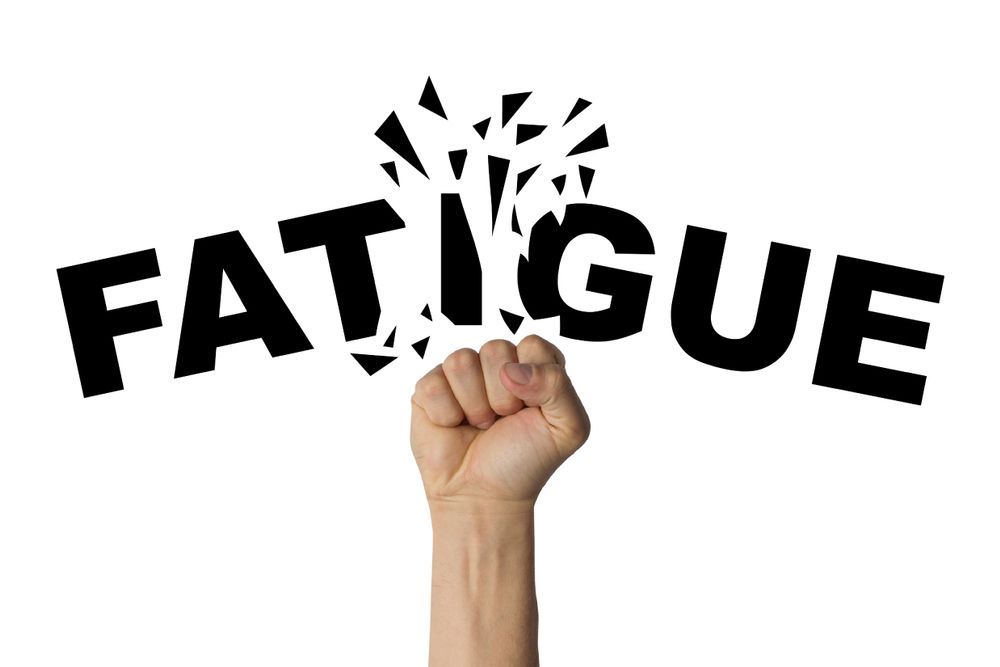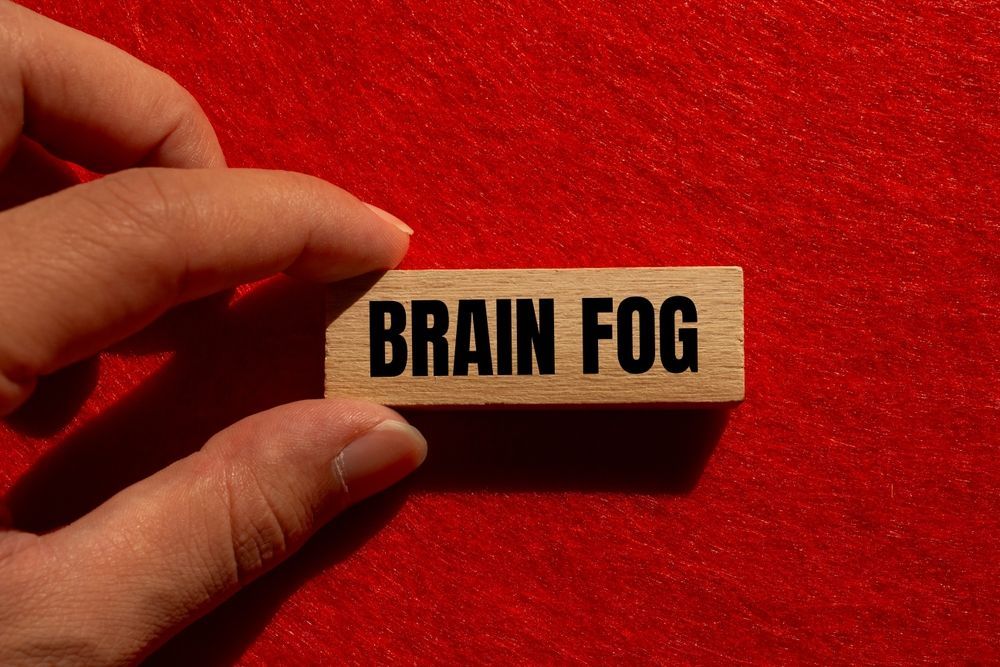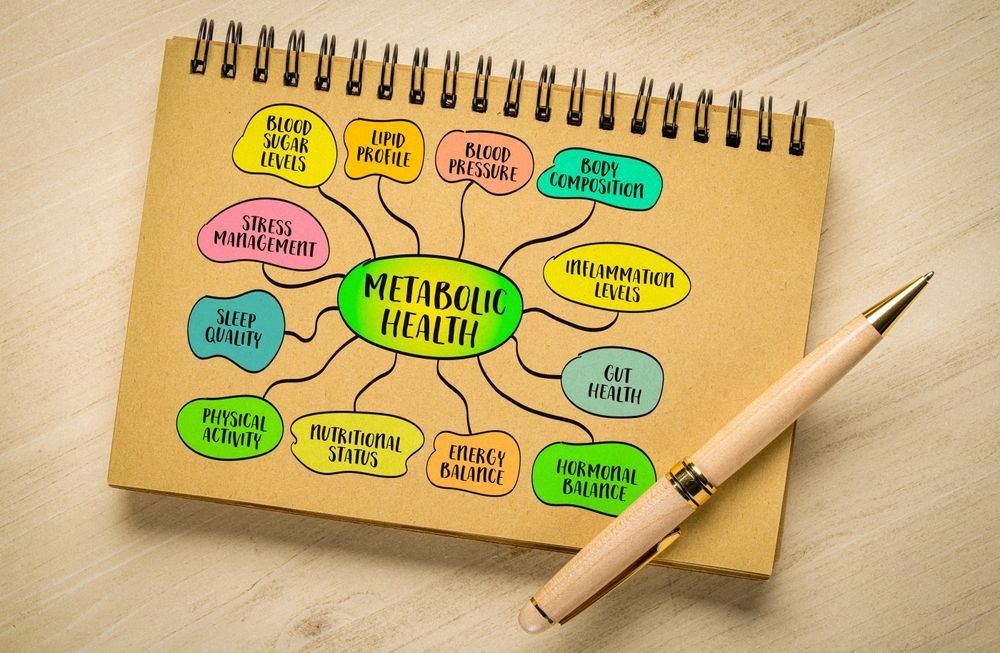Can IV Therapy Help with Fatigue? Here’s What to Know

IV therapy has gained popularity as a quick solution for many health issues, including fatigue. But is it really effective? In this article, we'll explore the nature of fatigue, the fundamentals of IV therapy, the science behind it, potential benefits, and any risks or considerations to keep in mind.
Understanding Fatigue: Causes and Symptoms
Fatigue is a common yet complex condition that affects individuals differently. It can range from feeling tired or lethargic after a long day to experiencing persistent exhaustion that interferes with daily activities. This multifaceted issue can stem from a variety of sources, making it essential to approach it with a comprehensive understanding of its nuances.
Recognizing the symptoms of fatigue is crucial for understanding its impact on your life. Symptoms can include:
- Constant tiredness or sleepiness
- Difficulty concentrating or focusing
- Reduced motivation
- Physical weakness or lack of strength
The Impact of Chronic Fatigue on Daily Life
Chronic fatigue can be debilitating, affecting personal, social, and professional aspects of life. Individuals may struggle to maintain relationships, perform well at work, or even complete everyday tasks. This can create a cycle of stress and exhaustion that further exacerbates feelings of fatigue. The inability to engage in activities that once brought joy can lead to isolation, as individuals may withdraw from social interactions to conserve energy.
Additionally, the emotional toll of chronic fatigue can lead to anxiety and depression, compounding the issue and making it even harder to address the underlying causes. The frustration of not being able to participate fully in life can create a sense of hopelessness, which in turn can worsen the fatigue, creating a challenging feedback loop that is difficult to break.
Common Causes of Fatigue
Several factors can contribute to fatigue, and they vary from person to person. Some of the most common causes include:
- Sleep disorders such as insomnia or sleep apnea
- Chronic illnesses like diabetes or heart disease
- Poor nutrition or vitamin deficiencies
- Stress and mental health issues
- Medications that may cause drowsiness
Understanding what specifically contributes to your fatigue is vital for tackling it effectively. For instance, sleep disorders often go undiagnosed, leading individuals to attribute their fatigue to other factors. Similarly, nutritional deficiencies can be subtle yet impactful, as a lack of essential vitamins and minerals can significantly affect energy levels. Moreover, the role of stress cannot be overstated; chronic stress can lead to hormonal imbalances that further exacerbate feelings of tiredness.
In addition to these common causes, lifestyle choices play a critical role in fatigue management. Regular physical activity, even in moderate amounts, can enhance energy levels and improve overall well-being. Conversely, a sedentary lifestyle may contribute to feelings of lethargy. Furthermore, establishing a consistent sleep routine can help regulate the body's internal clock, promoting better sleep quality and reducing fatigue. By addressing these various factors, individuals can begin to reclaim their energy and improve their quality of life.
The Basics of IV Therapy
IV therapy, or intravenous therapy, involves delivering fluids, electrolytes, vitamins, and medications directly into a person's bloodstream. This method allows for quicker absorption and can provide immediate relief to various health ailments, including fatigue.
What is IV Therapy?
IV therapy is a medical treatment that can address dehydration, nutrient deficiencies, and other health concerns. A healthcare professional typically administers it in a clinical setting, though at-home options are also emerging in response to increasing demand.
While many associate IV therapy primarily with hospitals, its application has expanded to wellness centers and spas, particularly for those seeking revitalization and energy boosts.
How Does IV Therapy Work?
During IV therapy, a healthcare provider will insert a small catheter into a vein, typically in the arm. This allows for a fluid solution—often a mix of saline, vitamins, and minerals—to flow directly into the bloodstream. The process usually takes about 30 to 60 minutes.
By bypassing the digestive system, nutrients are delivered rapidly, which can help in combating deficiencies that contribute to feelings of fatigue.
IV Therapy for Fatigue: The Science Behind It
Investigating the connection between IV therapy and fatigue leads us to consider how nutrients affect energy production in the body. The role of vitamins and minerals is pivotal in this response.
The Role of Vitamins and Minerals in Combating Fatigue
Essential vitamins like B12, C, and D, along with minerals such as magnesium and potassium, play a key role in energy metabolism and overall health. A deficiency in these nutrients may lead to increased feelings of fatigue.
IV therapy can replenish these nutrients quickly, which may alleviate symptoms of fatigue when dietary intake alone is insufficient.
The Mechanism of IV Therapy in Treating Fatigue
By ensuring that vital nutrients and hydration are present in sufficient quantities, IV therapy may enhance the body’s physiological processes. Improved hydration alone can have a significant impact on energy levels, as even mild dehydration can lead to feelings of lethargy.
Furthermore, delivering vitamins and minerals straight into the bloodstream can enhance availability and utilization by the cells, potentially providing a rapid boost in energy.
Potential Benefits of IV Therapy for Fatigue
Many individuals report feeling rejuvenated after undergoing IV therapy. There are several potential benefits worth considering.
Immediate Hydration and Nutrient Delivery
One of the most immediate advantages of IV therapy is the rapid rehydration it provides. This is particularly beneficial for those who are struggling with fluid loss due to exercise, heat, or illness. An immediate boost in hydration can result in improved energy levels.
Moreover, the quick nutrient delivery system may enhance overall wellness, as your body can effectively utilize the nutrients delivered through IV therapy.
Potential for Increased Energy Levels
Numerous patients claim a significant increase in energy after receiving IV therapy, attributing it to the replenishment of vitamins and minerals as well as the added hydration. This could help individuals regain their stamina for daily activities.
However, individual experiences may vary, and it's crucial to consider personal health needs before seeking such treatments.
Risks and Considerations of IV Therapy for Fatigue
While IV therapy can offer numerous benefits, there are also risks and considerations to keep in mind.
Possible Side Effects of IV Therapy
Common side effects may include discomfort or bruising at the injection site, headaches, or allergic reactions to the solutions used. It's essential to consult with a qualified healthcare provider to discuss these risks prior to treatment.
Who Should Avoid IV Therapy?
IV therapy may not be suitable for everyone. Individuals with certain medical conditions, such as heart or kidney issues, should avoid this treatment unless cleared by a healthcare professional. Similarly, those who are pregnant or breastfeeding should proceed with caution and consult their healthcare provider for guidance.
In conclusion, while IV therapy shows promise for alleviating fatigue, proper consultation with a healthcare provider is vital to ensure it is a safe and beneficial option tailored to your specific needs.










